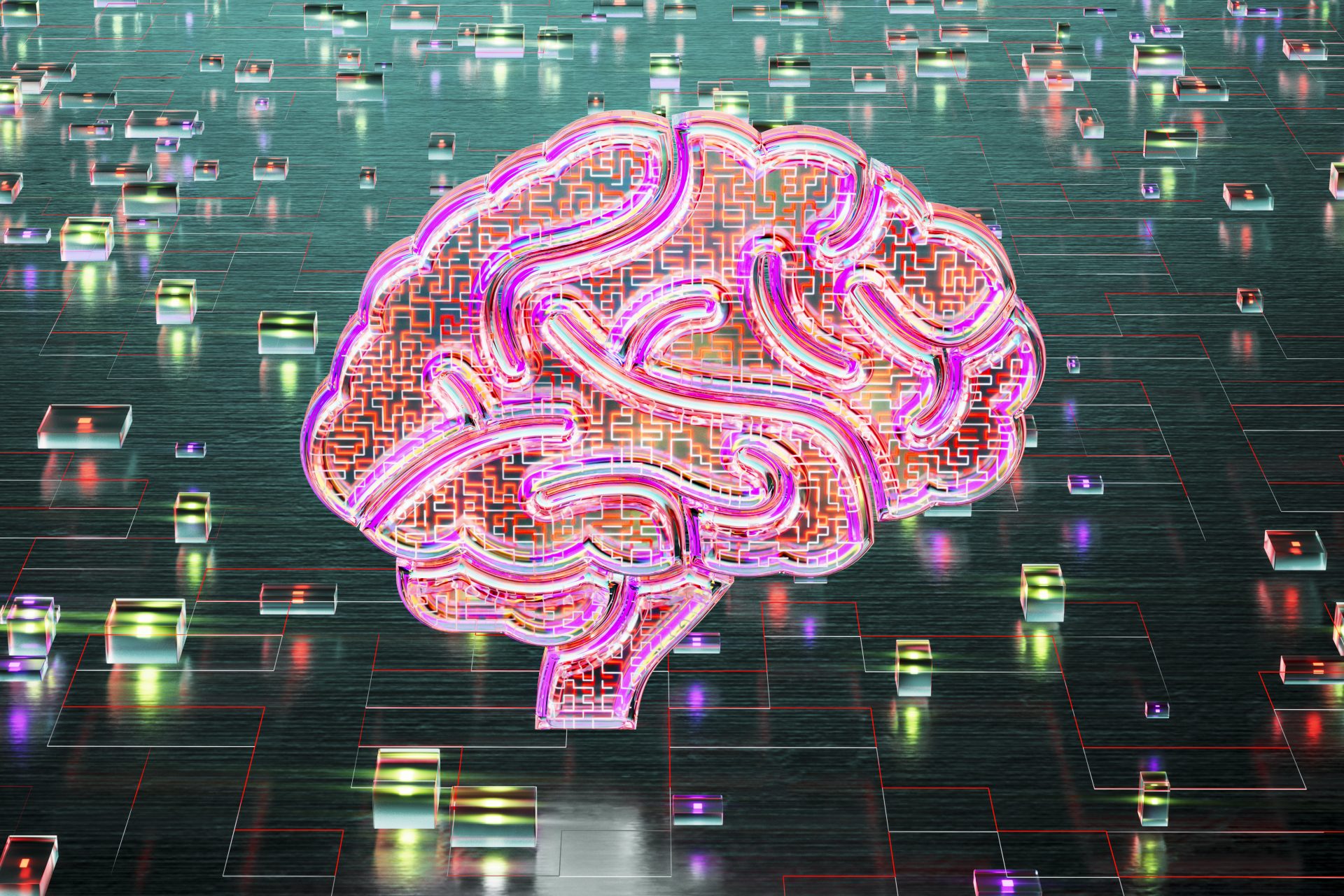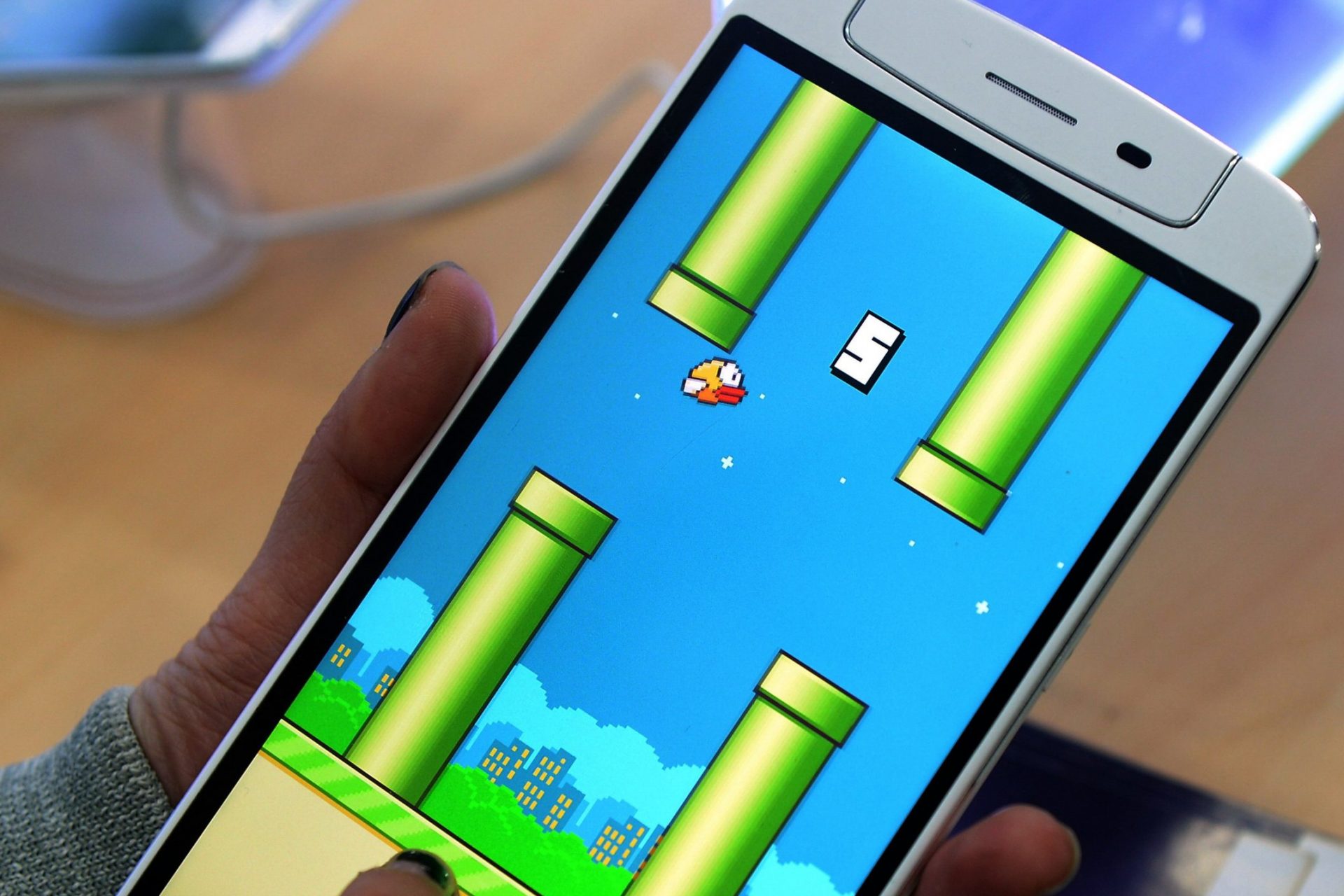Could a brain implant put an end to depression?
The World Health Organization (WHO) identifies depression as a widespread chronic disease worldwide. According to the WHO, depression results from a complex combination of social, psychological, and biological factors, making it a multifaceted ailment.
Official data from WHO states that that depression affects more than 280 million people worldwide, which represents about 4% of the global population.
Obviously, science has been working on the most effective ways to treat depression for decades, and at long last, it seems that a highly effective technological breakthrough may have been found.
Photo: Unsplash - Markus Winkler
Scientists have created a device implanted directly into the patient's brain, treating depression by using electrical impulses.
Inner Cosmos, a startup heading up the project, calls it "a digital pill for the mind."
Photo: Unsplash - Hal Gatewood
According to Business Insider, the first device with electrodes that "cures" depression was placed in the brain of a patient from Saint Louis, Missouri, in the United States, in the summer of 2022.
This test will continue for one year, and in 2023 another device will be tested on a new patient.
Photo: Unsplash - Gadiel Lazcano
Obviously, if the project is already being tested on humans, it means that the (very high) level of safety required by the US medical authorities has been exceeded and we are at a more than advanced stage.
Photo: Unsplash - Ben Blennerhassett
Inner Cosmos is not the only company working on implants to directly treat the brain. One of the best known in this field is Neuralink, but companies like Stentrode or Synchron also have very interesting projects.
The origin of Inner Cosmos is in the biography of Meron Gribetz, its founder. An entrepreneur who was diagnosed with ADHD (Attention Deficit Disorder) as a child, something that has inspired this project as an adult.
According to Bloomberg, Gribetz endured "a poor experience with prescription drugs that he says affected his social skills."
“We believe that BCI has grown up. It’s matured to be able to treat a drug-resistant disease like depression," said Meron Gribetz in the presentation of the project, as published by Bloomberg.
Photo: Web Inner Cosmos
This implant has an electrode that is attached under the skin of the scalp. Despite going under the skin, the implant is placed non-invasively in the area.
Photo: Unsplash - National Cancer Institute
This device sends gentle electrical impulses to the left dorsolateral prefrontal cortex, the area of the brain where depression has been found to originate.
These electrical impulses are performed once a day for about 15 minutes.
It is about applying a kind of chronic treatment, a daily "medication" but in the form of electrical stimulation.
The so-called "digital pill" is used through an app that also offers graphs and readings of the patient's mood and provides continuous monitoring.
The impact of the trial has been such that Inner Cosmos has received investigational device exemption approval from the US Food and Drug Administration (FDA) to begin implanting the device in humans. Although there is still a long way to go to see if this mechanism is 100% effective.
Photo: Unsplash - National Cancer Institute
Inner Cosmos has been the first technology company to use this type of implant directly in a person's skull for a treatment of this type. The goal is for the final implant they launch to be even smaller than the one in the human trials.
Photo: Unsplash - National Cancer Institute
If all goes well, the Inner Cosmos implant would mean a paradigm shift: treating mental health problems with hardware instead of the traditional method of psychology, psychiatry and drugs.
Photo: Unsplash - Volodymyr Hryshchenko
It sounds promising, although the goal has not yet been reached, we have yet to see what the trial results are. And for now, if you or someone you know is experiencing symptoms of depression, you should consult a medical professional to receive conventional treatment.
More for you
Top Stories


































